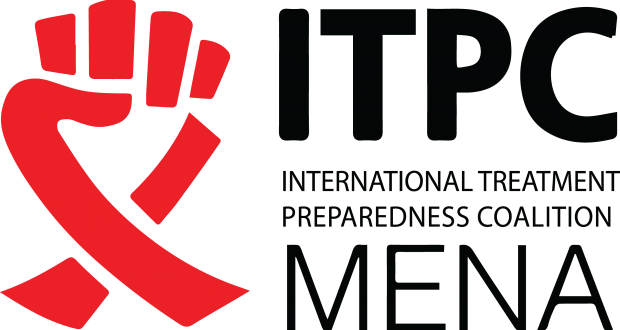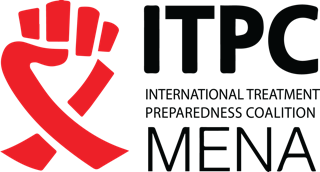
Data Exclusivity: How Moroccan Law Risks Making Ozempic a Medicine for the Rich
Press Release – ITPC-MENA
The Moroccan Agency for Medicines and Health Products (AMMPS) has just authorized the marketing of Ozempic®, an injectable semaglutide-based medication indicated for the treatment of type 2 diabetes. Administered once a week, this treatment is presented as a significant therapeutic advance for people living with diabetes, a chronic disease that is rapidly increasing in Morocco.
But behind this good news lies a major pharmaceutical policy problem: the way Morocco currently applies the clinical data exclusivity clause risks blocking the arrival of much more affordable generic versions — effectively reserving Ozempic for a minority of patients who can pay for it, or for a few privileged insured patients.
A Poorly Designed Clinical Data Exclusivity Clause
According to Article 4 of the Moroccan decree governing the Marketing Authorization (MA), any innovative medicine benefits from a 5-year protection period for the clinical data provided by the MA holder. During this period, no generic application can rely on these data to obtain authorization.
In practice, this means that:
- even if a generic already exists elsewhere,
- even if that generic is safe, effective, and manufactured by a reputable producer,
- even if the invention patent is disputed, expired, or even nonexistent,
the Moroccan administration cannot place it on the market before the end of these 5 years, unless the generic manufacturer conducts new clinical trials — costly and ethically questionable.
As currently drafted, this provision goes beyond international requirements and neutralizes the flexibilities Morocco is entitled to under WTO rules to promote access to generics.
Consequences for Patients and the Health System
The price gap illustrates the absurdity of the situation:
- In France, the Ozempic 0.5 mg pen costs around €76.58, i.e., more than €300 for four monthly injections.
- In Bangladesh, a generic like FITARO is available at around €5 per pen, i.e., less than €20 per month.
If such a generic were available in Morocco, it would allow more diabetic patients to be treated, reduce costly complications of the disease, and ease pressure on the health insurance budget. It would also create an industrial opportunity for national generic manufacturers, in line with the Kingdom’s ambition for pharmaceutical sovereignty.
By maintaining an automatic 5-year exclusivity for a medicine like Ozempic, Morocco is depriving itself of these benefits, for the advantage of a single foreign laboratory.
What the Jordanian Example Shows
Other countries have already understood the need to strictly regulate data exclusivity to avoid blocking access to generics.
Jordan, for instance, introduced a reform in 2015 that limits the scope of this protection: the data exclusivity clause no longer applies when the medicine has already been marketed abroad for more than 18 months. In other words, if the product has been circulating for years in other reference markets, the regulatory authority may authorize generics without waiting for the 5-year period to expire.
This type of mechanism protects real innovation while avoiding turning data exclusivity into a market-locking tool that harms patients.
ITPC-MENA’s Requests to the Moroccan Authorities
A new decree regulating MAs is currently being drafted. ITPC-MENA calls on the AMMPS and the Ministry of Health and Social Protection to use this opportunity to correct the data exclusivity clause and specifically proposes:
- Limiting data protection when the medicine has already been marketed for more than 18 months in other reference countries or authorities;
- Excluding from protection cases where generics are already registered in recognized regulatory systems, or where the patent is expired or nonexistent;
- Ensuring the primacy of public health interests by explicitly allowing the Agency to waive data exclusivity in cases of public health need, major budgetary constraints, or to support local generic production.
Ozempic: A Warning Sign for Health Sovereignty
The case of Ozempic should not become a dangerous precedent. On the contrary, it shows the urgency for Morocco to rebalance its regulatory framework so as to reconcile innovation incentives with effective access to essential medicines.
By reforming the data exclusivity clause in line with Jordan and other countries, Morocco can:
- protect patients’ rights to affordable treatment,
- support the national generic industry,
- and strengthen its pharmaceutical sovereignty, a pillar of universal health coverage.
ITPC-MENA remains fully committed to supporting authorities and national partners in this essential reform.
Press Contact
Othmane Marrakchi – Advocacy Lead, ITPC-MENA
Phone: +212 623 737 536
Email: othmane.marrakchi@itpcmena.or









